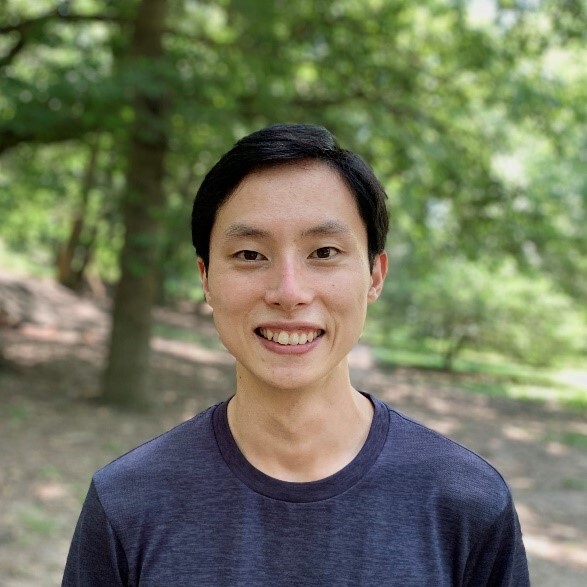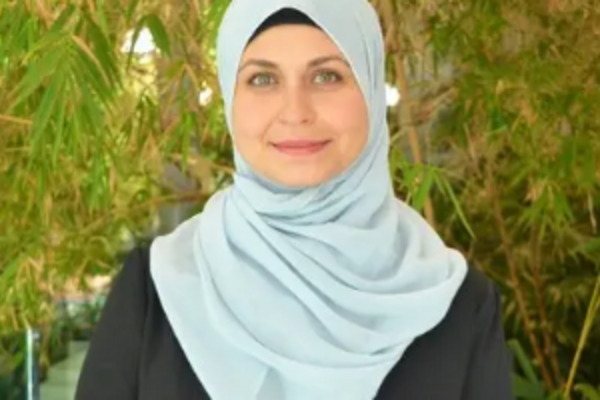Dr. Tetsuhiro (Tetsu) Harimoto: Alumni Interview

We are delighted to highlight Dr. Tetsuhiro (Tetsu) Harimoto to the PharmTox community. A proud alum of the Department of Pharmacology and Toxicology at the University of Toronto, Tetsu graduated in 2014 as a Toxicology specialist. Coming to Canada from Japan at 18 for his post-secondary education at UofT, he followed a unique career path, transitioning from investment banking to earning a PhD in Biomedical Engineering at Columbia.
Recognized as one of the 35 innovators under 35 by MIT Technology Review for his groundbreaking work in developing 'smart microbes' to combat cancer, Tetsu is currently a postdoctoral fellow at the Wyss Institute of Harvard University in Boston. He passionately drives research advancements by engineering bacteria to sense and eliminate cancer cells on-site. Learn more about his work at MIT Technology Review.
Q. Why did you choose the current career path and why? How did your training at the University of Toronto help you?
During high school, Tetsu did not have a clear idea of his career aspirations, but he knew that he was interested in the idea of studying living organisms, therefore decided to pursue a post-secondary education in life sciences at University of Toronto.
Being in a small and unique Toxicology specialist program, he enjoyed learning about the basic pharmacology such as pharmacokinetics and dynamics with more holistic view of understanding the scientific mechanism behind how the drugs work. Particularly, he was interested in the toxicology side of drug profiles. Further, the logistics of drug development such as getting FDA approval and collecting information about drugs gave him a broader social context.
Doing his PEY co-op program (now called ASIP) at Sunnybrook under supervision of Dr. Krista Lanctot during his third year further changed the course of his career. His project was on pharmacoeconomics, where he evaluated the economic side of a drug based on various properties of the drug, such as efficacy and safety. “It was my first eye-opening exposure to think beyond the traditional pharmacology concepts that I learned in a classroom. I got involved in paper writing and publishing documents, which was also a great experience for me to get involved in research and academia”, he says.
Expanding from the pharmacology background in PharmTox program at the University of Toronto, he decided to try something new and moved into management consulting and investment banking. This experience motivated him to pursue graduate studies in biomedical engineering to develop drug products rather than evaluating them, which is what he was doing as a consultant.
He completed his PhD at Columbia University and is currently in postdoctoral training, investigating how to make new medicine by looking into the intersection between material science and synthetic biology.
Overall, he is attracted to new things. First, it started as pharmacology, into finance and now biomedical engineering. He was able to understand the principle of engineering by using the background and thought processes he learned during training in pharmacology. “They are similar in that both are related to creating something to make changes, and I want to keep making important impacts by combining my background in Pharmacology!” he says.
Q. What is a memorable experience you had at University of Toronto or Pharmacology & Toxicology program?
He reflects that his favourite part of the UofT PharmTox program was the people that he met in the program. As an international student, everything was a new experience, and thankfully, all the friends, teaching staff and professors that he met in PharmTox program were very kind and supportive.
For instance, during one of the PharmTox exams from Dr. Arnot’s course, one of the multiple choice questions featured a word that he did not understand. “Dr. Arnot tried to explain the word as I asked for help, which was really nice of her to help me out. This moment still remains very memorable to me”, he says.
Q. What are some skills or knowledge you think are important for succeeding in your career?
He believes that having the breadth of knowledge that he got from learning about the broad field of pharmacology/toxicology was helpful for him to have the broad scope of chemistry, macro-science and pharmacoeconomics. Developing related skills definitely prepared him to get into the new field.
Some might think that they are lacking a ‘core skill’ as a physicist, for example, where they have a very specific skillset that is irreplaceable by other fields. However, he believes everyone can still gain core skills by digging into certain sectors that interest them. He believes in the importance of trying to combine knowledge from different fields and find where they overlap, because it really helped him to be in different fields to succeed.
Q. What are some broad opportunities that the Pharmtox students can get involved during their undergraduate studies that you recommend?
He thinks that PEY Co-op (now called ASIP) program is a really good opportunity. He enjoyed meeting my co-op research advisor, and publishing papers in the field, which really aided his career. He believes, regardless of relevance to the current research, having this experience is very important.
“I recommend people to get more involved in research during the semester”, he says. Right now, as a postdoc, he sees a lot of students getting involved in research throughout their undergraduate career to learn about science, but also to see whether they like research or not. He thinks this is also very important knowledge to have when it comes to choosing the career path.
He suggests students do not neglect the social components of their undergraduate career. “Hang out with friends, relieve the stress you got from completing the coursework. For me, it was always nice to be able to keep in touch with friends, especially that Toxicology was a small program and I got to form a strong network with those schoolmates”, he says.
Q. What are your hobbies outside of Pharmtox/work/academics?
During undergrad, he played table tennis. These days, he likes to run and it provides a refreshing opportunity to clear up his mind from thinking about research. He also plays the guitar, cooks, eats good food, and hangs out with friends.
Q. How do you manage work/life balance as a researcher?
He says nothing else comes before mental health. He is also working on it himself these days, and normalize that everybody struggles too. He has been trying to balance work and life and often feels guilty about not working enough or not taking care of himself enough. “This is where running or any active hobby definitely helps as well as having a good social life. I think you just must keep trying to take care of both parts of your life”, he says.
Q. What would be a piece of advice you would give to the incoming Pharmtox students?
“Try to find a community, make a lot of friends as you will be able to both have fun and help out each other become one of the most important ant assets when you look back”.

